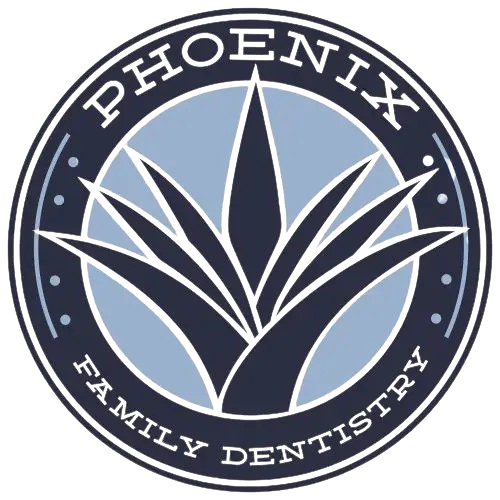Getting Numbing Shots Before Dental Procedures
One of the leading causes of anxiety surrounding dental procedures is a fear of pain. However, most offices provide several pain management options for patients undergoing more intense dental work. In many situations, injections are an efficient and effective form of anesthesia for several common procedures, such as fillings, crowns, and root canals.
Types of dental anesthesia
When a dentist prescribes a treatment that requires more invasive procedures, a numbing agent may be needed to ensure thorough completion with minimal pain and discomfort. Depending on the type of procedure and patient needs, either general or local anesthesia may be used.
General anesthesia
General anesthesia involves the use of medications to induce a state of unconsciousness, during which the patient is completely unaware and unresponsive to pain. It is typically administered by an anesthesiologist in a hospital or surgical center setting and is reserved for more extensive dental procedures or for patients with special needs who are unable to tolerate other forms of anesthesia.
Local anesthesia
Local anesthesia is the most commonly used type of anesthesia in dentistry. It involves the injection of a numbing medication (local anesthetic) into the tissues near the treatment area to block pain signals from reaching the brain. Local anesthesia is typically used for procedures such as fillings, root canals, tooth extractions, and gum surgeries. Commonly used local anesthetics in dentistry include lidocaine, articaine, and mepivacaine.There are several medications that accomplish this task:
- Prilocaine (Citanest)
- Lidocaine (Xylocaine)
- Articaine (Septocaine)
- Mepivacaine (Carbocaine)
- Bupivicaine (Marcaine)
The dentist in Phoenix, AZ will choose the appropriate option based on the size and location of the affected area and patient needs.
What to expect with numbing shots
It is helpful to talk with a dental professional and ask questions about the pending treatment, such as the anticipated length of the procedure and number of injections required. Patients should discuss the appropriate preparations before the day of the appointment to maintain safety and minimize anxiety.
Initial injections
While there is some initial discomfort associated with dental injections, the pain is usually minimal, especially at the hands of a gentle and experienced professional. Typically, a topical numbing gel is applied to reduce sensitivity at the injection site. Depending on the type of treatment, one or several injections may be needed. After five to 10 minutes, the numbing agent will take full effect and the dental procedures can begin.
Treatment after anesthesia
During treatment, patients may feel pressure but should not experience pain. However, individuals process anesthesia at different rates, so it is important to notify the dentist in 85053 if the numbness begins to wear off. In these situations, additional injections may be required, especially during lengthy dental procedures. Fortunately, most patients do not feel these additional injections, as some of the anesthesia is still effective.
Follow-up care
Once the procedure is complete, some numbness may linger for a few hours. Depending on the targeted area, it may be difficult to control the lips and tongue. The loss of feeling should subside quickly, but most dentists recommend waiting to eat until the numbness disappears completely. Otherwise, it is possible to unknowingly injure the soft tissues of the mouth while eating.
Conclusion
Numbing shots are an effective form of local anesthesia for many dental procedures. It is important to discuss expectations with a dentist to prepare for upcoming injections. With proper administration, injections can help block pain during treatment.
Request an appointment or call Phoenix Family Dentistry at 602-547-9007 for an appointment in our Phoenix office.









0 comments